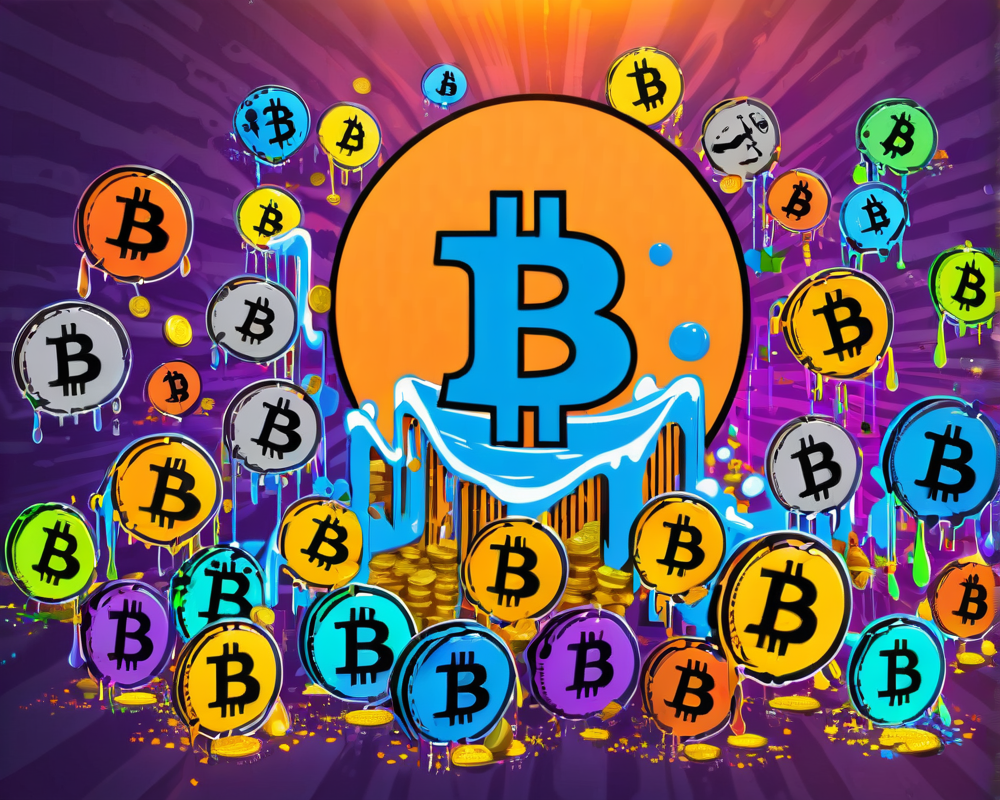SEC’s New Rules: A Game Changer for Cryptos
The Philippines Securities and Exchange Commission (SEC) is flexing its muscles in the digital arena by introducing new regulations that will bring the cryptocurrency sector under its vigilant eye. These draft rules, recently proposed for public comment, promise to redefine the landscape of financial products and services in the country.
What Changes Are Coming?
The proposed guidelines broaden the spectrum of what qualifies as a security. In addition to traditional investments, the SEC is now considering “tokenized securities products” — a fancy term for digital representations of traditional assets. This is expected to include any financial products utilizing blockchain technology.
More Power to the SEC
With the operationalization of this recently signed law, the SEC is set to gain enhanced powers. From rule-making to market monitoring, the regulator will have a more robust framework to oversee the cryptocurrency sector.
- Rule-Making: Establishing regulations for crypto engagement.
- Market Monitoring: Keeping an eye on trading activities.
- Enforcement Powers: The authority to penalize bad actors.
Keeping Fees in Check
In a move that should bring cheers from consumers, the SEC plans to restrict service providers from overcharging on interest, fees, or other charges. It looks like the days of hidden fees might be coming to an end!
Disqualification Powers
In a dramatic turn of events, the SEC will also be able to disqualify or suspend any company executives who break the law — talk about a workplace drama! Anyone flouting the regulations could face operational shutdowns.
Context: Why All the Fuss?
This regulatory push comes as the SEC aims to tighten its grip on the booming cryptocurrency market, which has raised eyebrows due to rampant scams and unregistered exchanges. Just last December, the SEC cautioned the public against unauthorised platforms, claiming they were illegally allowing Filipinos access to risky exchanges.
Filipinos looking to dabble in cryptos may need to brace themselves for greater oversight, but it looks like it could lead to a more secure trading environment. It’s a classic case of putting the pot just a little closer to the fire — because in the wild west of crypto, security is always a hot topic.




